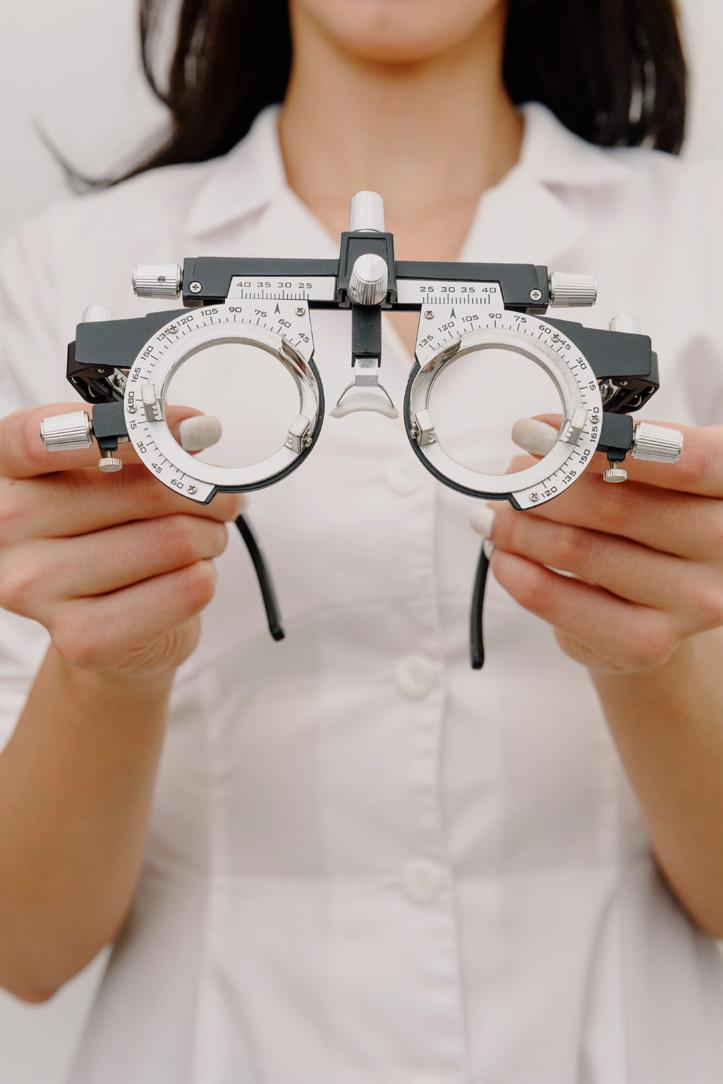LEGAL MATTERS BY SILKE RATHBONE
Intellectual property rights in the workplace Who owns what?
I
t is all fair and well to think that, as an employer, you can tell your employees that everything and anything born from your offices during the course and scope of their employment belongs to you and your company … however, this might not always be the situation. In essence, an employer will own the IP created by its employees, if the employee had a duty to create the IP and if it was created during the course of the employees employment. However, IP created by an employee, outside the course of employment will belong to the employee. When stepping into the zone of intellectual property, it is vital that you understand how one creates intellectual property, who
actually owns it, and what affects it, given that many employees work remotely nowadays as well. Think about this – if your employee is tasked with coming up with a smart marketing package, where you are giving them the freedom to be innovative … who owns that piece of intellectual property? A small aspect like this can open you and your company up to many dilemmas and abuse. WHAT ARE THE COMMON PIECES OF INTELLECTUAL PROPERTY? • Copyrights • Designs • Trade Marks • Confidential Information and Data • Trade Secrets • Know-how
48 | Public Sector Leaders | March 2022
COPYRIGHTS When something is created through a computer program, a musical layout, a literary piece of copy or any form of artistic creation, it is referred to as a copyright. Determining who owns these copyrights is the crucial part. A simple but effective clause to include in your employment contract would be to state that all work created during the course and scope of employment belongs to the employer. DESIGNS The same would apply to designs; however, be sure to differentiate between an employee or an independent contractor when creating the design. In the case of an independent contractor who has been hired to design (note this



















